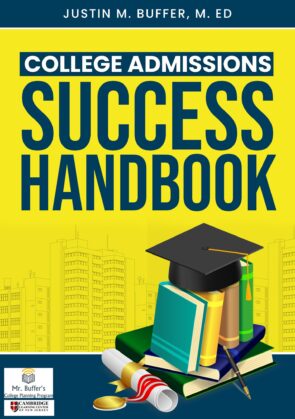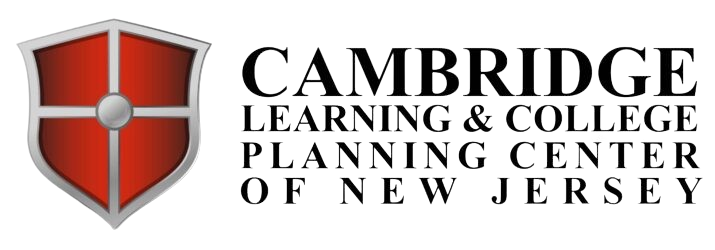Question from a parent from South Brunswick High School

Better to take AP Courses and not do well, or take honors and do as well?
From a perspective of getting into college, I feel a high school student is better off taking fewer AP classes in high school and more honors classes if they are not going to perform great in the AP classes. My son is a 9th grader in South Brunswick High School, and I don’t want the competitive pressure to take too many AP classes to bring down his overall GPA, when he could have just been in 1 or 2 and done well in all Honors classes. I see many of my friends very concerned with the prestige of Advanced Placement classes. Do you agree with my viewpoint, Mr. Buffer?
Answer from Mr. Justin M. Buffer, Owner and Professional College Planner below:
I get this question a lot in my work, and here are some general pointers to consider.
First, all universities, and especially highly competitive ones, are gaging your future, with a common principle in mind: that past behavior is the best indication of future behavior. If a student can consistently succeed taking challenging courses in high school, the reasoning goes, they can do the same in college. So, a student always wants to present their record to colleges with the intention to demonstrate their ability to handle and do well in challenging coursework. This can be done with Advanced Placement (AP) courses or in Honors classes.
There is no doubt, and it is common sense that if a student performs in a stellar manner in multiple AP courses they should do so. As a matter of fact to illustrate, three students in my college planning program just got into UPenn, an Ivy League school and they each had at least 4 AP classes per year. But this does not mean that all students should take 4 AP classes if they can’t handle the workload, or if the content is out of their, what I call, “mastery zone.” Plus, doing super well in numerous Honors Classes, especially at a very rigorous and competitive high school, such as South Brunswick where your son goes, can make him a student very attractive and competitive when applying to college.
It is generally better for a student to take fewer advanced classes if they are not going to perform well in them, as this can have a negative impact on their overall GPA. High school classes are typically weighted, meaning that grades in advanced classes, such as AP or honors classes, are given more points toward a student’s GPA than grades in regular classes.
So, if a student is struggling in an advanced class, their GPA may suffer more than if they were struggling in a regular class. I often tell families that students should take as many AP classes as they can “handle.” When I use the word “handle,” I mean take them with a solid chance to master the class. When I evaluate this question with students and families, I look at their track record, and other things I have gaged about the student’s learning ability from being in our program.
In addition, it is important for students to prioritize their well-being and mental health. If a student is feeling overwhelmed or stressed by their course load, it may be better for them to take fewer advanced classes in order to maintain a healthy balance and avoid burnout.
So, overall, I agree with you, that it is usually better for a student to take fewer advanced classes if they are not performing well in them, as this can help to maintain a healthy GPA and prevent burnout. It is also important for students to consider their own strengths and interests when choosing their classes, and to work with their guidance counselor, academic advisor, or myself, to develop a plan that is right for them.
Unfortunately, I have seen, as you allude to, that some parents may pressure their children to take advanced classes, such as AP classes, for reasons that are not in the best interest of the child. There are many factors that can influence a parent’s decision about their child’s education, and social prestige may be one of them. Parents may feel pressure to have their child take advanced classes in order to improve their chances of getting into a prestigious college, or to maintain their social status among other parents.
However, it is important to remember that advanced classes, such as AP classes, are not right for every student. These classes can be challenging and require a high level of commitment and dedication. If a student is not ready or interested in taking advanced classes, they may struggle and become frustrated or disillusioned with their education. In these cases, it may be better for the student to focus on other classes that are more suited to their interests and abilities.
Parents should carefully consider their child’s individual needs and interests when deciding which classes to take, and to avoid pressuring their child to take advanced classes simply for the sake of social prestige. They should also not let their child cower from classes, even AP ones, that they can clearly handle but are too lazy to put the effort into. Ultimately, there may be nuances in this decision, which an experienced strong academic advisor or counselor can help you with.
I hope my answer was helpful for you, and we can talk about this further if you wish. Please go to our App or our website to make an appointment if you wish to.
.
